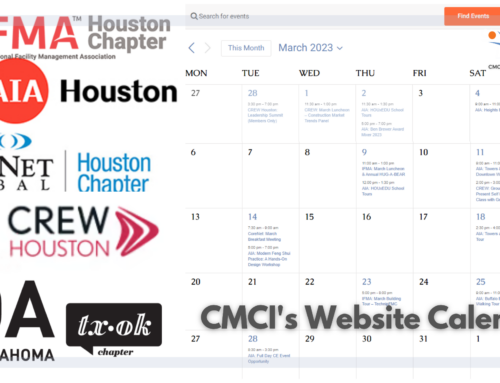So during your most recent project meeting, your boss comments that your last presentation was a little sloppy, and you’re peeved. At the start of your career, you probably remember receiving a constant stream of critiques. These criticisms—ranging from how to improve your work to appropriate etiquette in a professional setting—probably did a lot of good. You accepted these pieces of advice, which helped you develop into the successful professional you are today. However, as your career advances, you hear less and less critiques… so when a supervisor or fellow coworker points out something that needs improvement, it can feel pretty demeaning. It’s time to revisit the skills you developed early on in the corporate world; here’s a refresher on how to effectively respond to criticism.
First and Foremost: Hold Your Retort
We know, having your abilities critiqued sucks. But take a deep breath; in the vast majority of cases, the person offering criticism is simply trying to bolster your work. It’s best to take a pause before you respond. Counterattacks will only cause distrust between you and your team. Remind yourself not to take the comment as a personal affront and try to objectively consider his or her advice from outside your own perspective. You may not immediately see any truth to their claim, but that does not mean they are wrong. Only once you have sorted through your negative feelings should you begin to discuss.
Clarify the Criticism
If one of your peers or your boss decided something of yours was worth addressing, you need to make sure you fully acknowledge the critique. To continue with the previous example, let’s pretend your supervisor just told you that your latest presentation was “sloppy.” Instead of racking your brain and secretly stressing about what could have been considered poorly done, you should turn the criticism into a foundational learning experience. Ask the speaker to elaborate on his or her comment, but do so constructively, and without a tone. Try requesting specific examples so that you can better understand how to improve in the future, or where you have gotten off track. Showing an honest effort to ameliorate the problem will prove to your managers and team members that you are willing to continue your personal and professional growth. Moments like these will be remembered when it comes time for annual evaluations, so make sure you handle them with tact.
Say “Thank You”
Lastly, you need to end the conversation with gratitude. Even if you do not come to the same conclusion, recognizing that someone cares enough about your work to contribute to its betterment is important. An action as simple as thanking your boss for their input signals that you have heard them and will work to remedy the situation.
The truth is that most of the time, these critiques are supposed to offer a bit of friendly support. However, we are often taught to recognize criticisms as subtle slights to our character, and so it is easy to take them the wrong way, and even lash out in response. Anger is never the answer in these situations. Follow these steps to make the most out of your critiques. After all, criticism is only constructive if you are willing to listen to it.











